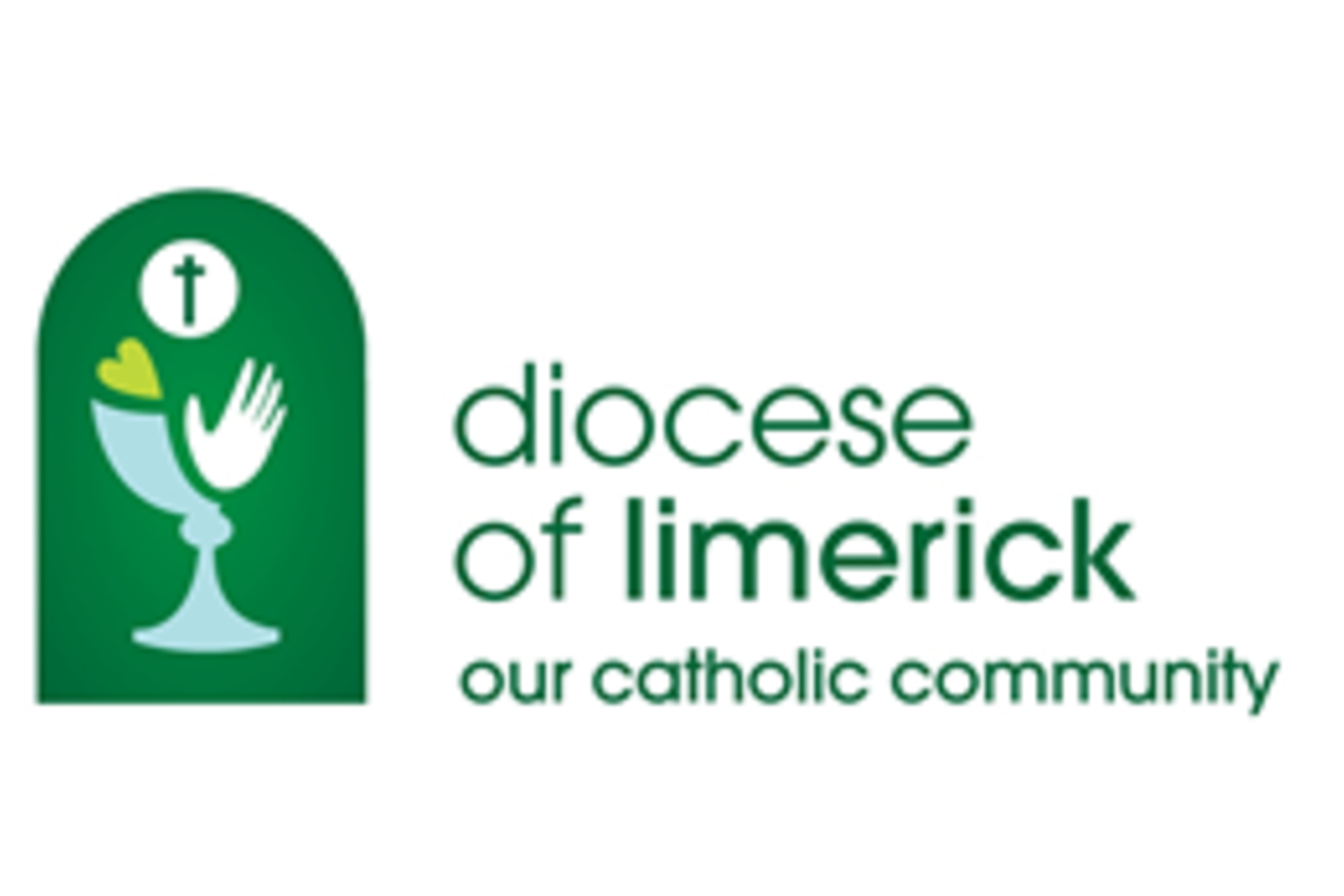- 17
- Mar
- 2024

St. Patrick’s Day 2024
Sarsfield Barracks, Limerick
Homily Notes of Bishop Brendan Leahy
The Gospel we’ve just heard brings us to the heart of St. Patrick’s mission. Continuing the mission of the apostles, he was called and sent out as a man of peace to build peace, spreading the Kingdom of God. The Gospel speaks of the expectation of hospitality and welcome but not without perils and opposition. Patrick experienced both welcome and opposition. Because the story of the saintly migrant speaks so powerfully to us, St. Patrick’s Feast Day provides us with a golden opportunity each year to reflect on migration both in terms of emigration and immigration.
The young Patrick knew what it is like to be away from home and to face trauma. Captured by force at 16 years of age, he was to spend six years in harsh circumstances. A voice urged him to escape his life as a slave and return to his own country. He made his way to the seashore and hid on a cargo ship, eventually getting back to his family. Curiously, when finally back home he felt a yearning to return to Ireland, hearing the “voice of the Irish” calling him back. This time e opted for migration out of an ideal – to bring the Gospel to this land, then a remote island. Patrick left his family and travelled to France where he studied for many years to become a priest. When ordained a bishop, now in his 40s, with the permission of Pope Celestine, he returned to Ireland. He was to spend 30 years here and his migrancy became the starting point of a new leap forward in this island’s history. He lit a fire that symbolised resurrection and ever anew the Irish people have moved out of darkness into light. So, yes, St. Patrick is a figure to help us reflect on migration in both its positive possibilities and its difficult aspects.
On St. Patrick’s Day, our minds go abroad thinking nostalgically of our own family members who are abroad. Our mind travels to England, Australia, America and many other countries where our loved ones reside today. In the last eight years 231,500 Irish citizens have emigrated. It’s a modern common phenomenon to see Irish who might not otherwise have travelled boarding planes to visit their loved ones, sons, daughters, sisters and brothers, in distant lands. In more recent times, many of our loved ones who have emigrated have travelled not out of necessity but out of a choice to expand their tent, as it were, and begin new adventures, see new places, dream new dreams. St. Patrick’s Day is a day to send our greetings and love to them.
There are, however, many emigrants who left our island out of economic necessity, some are years gone; some might come back, like St. Patrick did, to live in Ireland again, but we know that many won’t. We think today especially of the lonely and vulnerable. We can’t forget that some of our people abroad, like the young Patrick on the Slemish mountain, experience hardship, loneliness and struggle.
But as well as thinking about those who have let our island, the migrant St. Patrick puts before us the question: how are we today treating those who have migrated to our land? Some have come here out of choice. Others have come escaping from war, persecution, or exploitation. For the most part they are ordinary human beings like us, many indeed very talented, people who reached good careers before they had to flee. I read the testimony of one migrant woman recently. She said “being a migrant woman is a roller coaster of feelings: from the desire to belong to the awesomeness of sticking out… I think in one language, write and speak in another and, often, read in a third one. My adolescence was a multicultural roller coaster…and it is not much different now in my adulthood”.
The majority of people in Ireland are open and welcoming. Indeed, polling has shown that the Irish public remains one of the most positive in the EU27 regarding their attitudes towards immigration. But with growing tensions, riots, murmurings, social media campaigns, migrants who for many years were made very welcome here, might now feel Ireland is becoming inhospitable, a place where the warm fire of hospitality is being replaced by raging fires of division, distrust and disdain stoked by a few who can so easily gain a hold on the many. Instead of welcoming and protecting, promoting and integrating refugees we witness outbursts of racism and violence, hatred and misinformation.
We have a fair idea of what that feels like. The infamous ‘No Irish Need Apply’ or ‘No Irish, No Blacks, No Dogs’ may not have been representative of what truly awaited our own on foreign shores when they landed back in different times, but it was a lived experience for many that still resonates today. When we consider how we feel about those who doled out that greeting to previous generations of Irish landing abroad, I think we can say the last thing most Irish people today want is to be thought of in the same light.
St. Patrick’s Day is a day to commend parish and school communities and local initiatives here in Limerick that promote encounter between immigrants and local native Irish communities. Welcoming communities are key to effective integration. The “New Irish”, as many are rightly calling them, are making a positive and vibrant contribution to the life of parishes and schools and in the process are opening new cultural experiences for Irish Catholics. Migrants are evident in the wider society in many services and projects. It is sometimes said Ireland is full and that we cannot take more migrants. But that is not true. We know there are many areas of need of workers in Ireland.